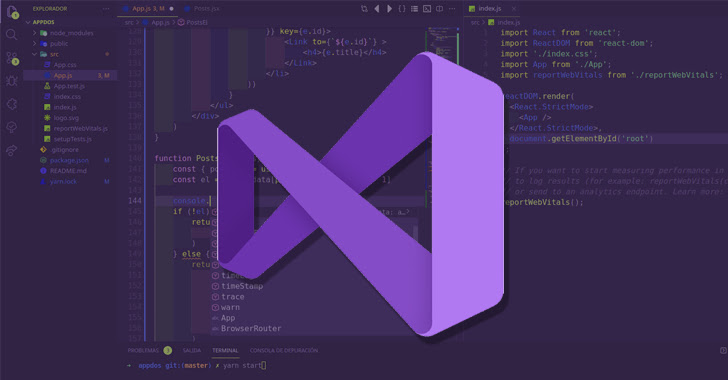Striim Launches Real-time Application Connector Suite on BigQuery Studio
PALO ALTO, Calif., April 11, 2024 — Striim, Inc. is proud to showcase the new connectors for Google Cloud customers at Google Next in Las Vegas. With the recent launch of Striim Cloud for Application Integration, Striim has partnered closely with Google Cloud’s product team to ensure our 3 additional connectors are seamlessly integrated with BigQuery. Striim is excited to launch connectors for Stripe, Zendesk, and HubSpot as the first, with many more to follow.
 “To combine contexts and deliver richer AI-based analytics, Striim is excited to expand its product offerings and commitment to BigQuery customers with the launch of our Striim Cloud for Application Integration product offering, which launched in Q1 2024,” stated Alok Pareek, Cofounder and Executive Vice President of Engineering and Products at Striim. “As a continuation of our close product integration and collaboration with Google Cloud, we are excited to announce these 3 new connectors for Stripe, Zendesk, and HubSpot at Google Cloud Next. This enables real-time delivery from cloud-native SaaS applications into BigQuery with powerful alerting, masking, transformation, and telemetry capabilities. The roadmap for 2024 will continue to build momentum as we launch more connectors each month and prioritize the connectors our customers use most often for mission-critical workloads.”
“To combine contexts and deliver richer AI-based analytics, Striim is excited to expand its product offerings and commitment to BigQuery customers with the launch of our Striim Cloud for Application Integration product offering, which launched in Q1 2024,” stated Alok Pareek, Cofounder and Executive Vice President of Engineering and Products at Striim. “As a continuation of our close product integration and collaboration with Google Cloud, we are excited to announce these 3 new connectors for Stripe, Zendesk, and HubSpot at Google Cloud Next. This enables real-time delivery from cloud-native SaaS applications into BigQuery with powerful alerting, masking, transformation, and telemetry capabilities. The roadmap for 2024 will continue to build momentum as we launch more connectors each month and prioritize the connectors our customers use most often for mission-critical workloads.”
“Enterprises have an ever-increasing need for reliable solutions that can stream mission-critical data to BigQuery in real time,” said Yasmeen Ahmad, Managing Director, Data Analytics at Google Cloud. “With Striim Cloud for Application Integration, customers can easily integrate their data from ISV apps directly into BigQuery, reducing their time to insight so their operational and customer service teams can realize immediate impact from these insights instantly.”
Striim Cloud for Application Integration is built on a proven real-time streaming, scalable, and highly available Striim Cloud platform. As a Google Cloud native product, Striim Cloud can be used as a fully managed service removing the complexity of continuous data integration and empowering teams to focus on business-level initiatives without having…




